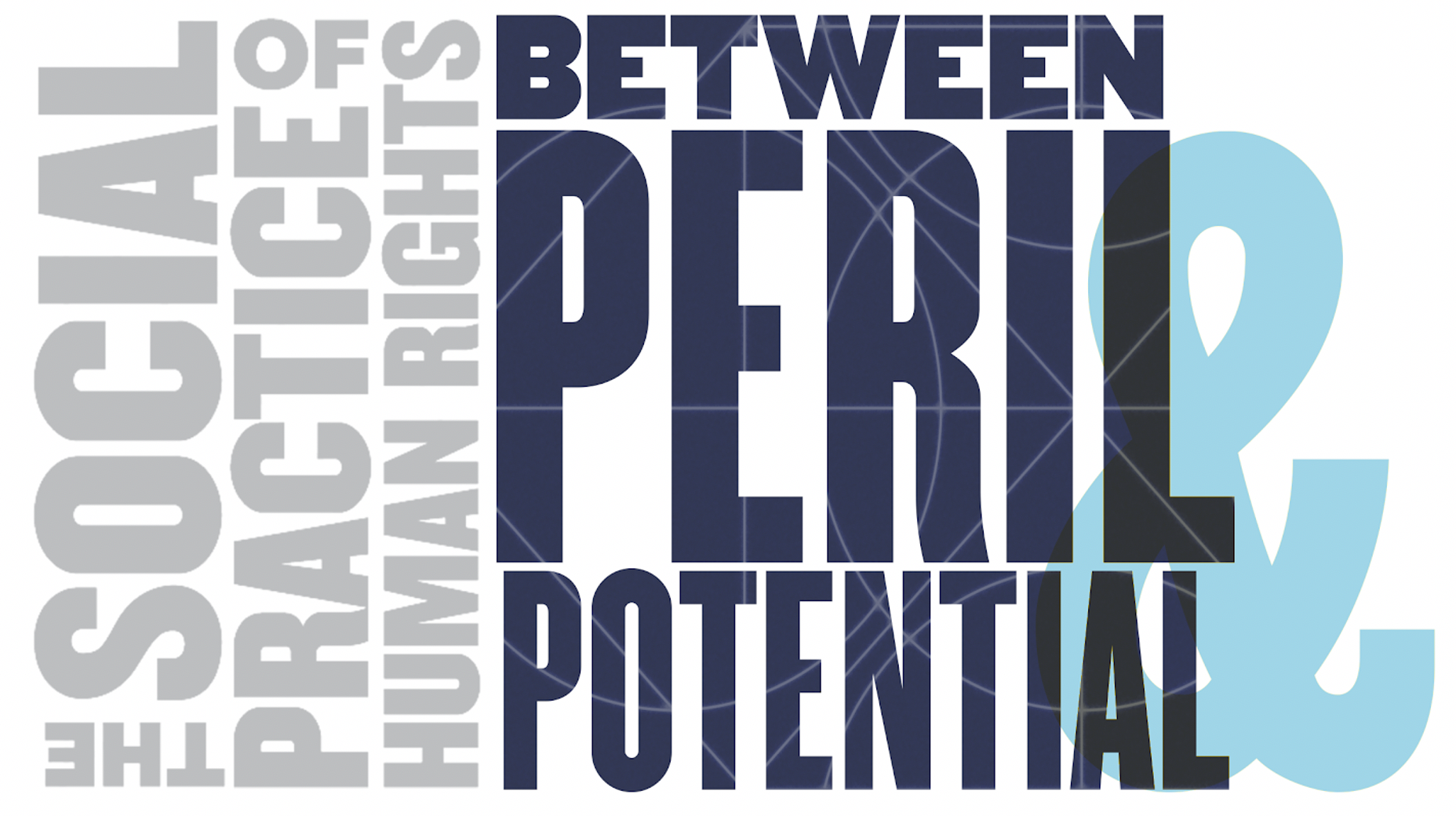Location
Presented remotely
Start Date
12-2-2021 4:15 PM
End Date
12-2-2021 5:45 PM
Keywords
Sustainable Development Goals; COVID-19; right to science
Abstract
Across the globe, the COVID-19 pandemic has exacerbated long-standing inequalities in access to treatment (such as vaccinations), access to reliable scientific information, scientific literacy, and much more. One promising approach to chart a more equitable response to the pandemic and future international health crises is to articulate the connections between the United Nations Sustainable Development Goals (SDGs) and a human right that has garnered increased attention among scholars, activists, and the human rights community: the right to science.
Both the SDGs – adopted by the UN General Assembly in 2015 – and the right to science, included in the Universal Declaration of Human Rights and the International Covenant on Economic, Social and Cultural Rights, look to a future where all people enjoy the benefits of scientific progress and its applications. However, the COVID-19 pandemic has created new obstacles for this vision, from reinforcing disparate access to scientific education between men and women to generating new challenges for international scientific cooperation.
Featuring representatives from the American Association for the Advancement of Science (AAAS) Scientific Responsibility, Human Rights and Law Program and other experts (to be invited) on the right to science, this session will discuss the potential opportunities and concerns involved in connecting the SDGs and the right to science. How can human rights activists use these linkages to push the international community to confront the problems COVID-19 has laid bare? What do government actions on cross-cutting issues such misinformation/disinformation, scientific freedom, and international cooperation during the pandemic mean for the future? The discussion will share perspectives across sectors and, in conversation with audience members, define actions that attendees can take to advance a human rights-based vision for science.
Author/Speaker Biographical Statement(s)
Name: Nathaniel Weisenberg Affiliation: American Association for the Advancement of Science (AAAS) Research specialty: Scientific responsibility Nate Weisenberg is a Program Associate with the AAAS Scientific Responsibility, Human Rights and Law Program. His work supports the AAAS Science and Human Rights Coalition, a network of scientific and engineering membership organizations that recognize a role for scientists and engineers in human rights; international collaborations to promote the right to science and responsible research; and AAAS On-call Scientists, which connects scientists, engineers, and health professionals interested in volunteering their skills and knowledge with human rights organizations that are in need of technical expertise. Prior to AAAS, he worked at the Atomic Heritage Foundation, where he co-managed an oral history project on the Manhattan Project and its legacies, and Human Rights Education Associates, where he led marketing and outreach for e-learning courses for human rights practitioners. Nate holds a B.S. in Foreign Service (magna cum laude) from Georgetown University and an M.A. in Public Humanities from Brown University. Other potential speakers to be invited. This presentation can also be adapted to be part of a larger panel discussion, e.g. on the SDGs or the right to science more broadly, if that seems best to the conference organizers.
COVID-19, the Sustainable Development Goals, and the Right to Science
Presented remotely
Across the globe, the COVID-19 pandemic has exacerbated long-standing inequalities in access to treatment (such as vaccinations), access to reliable scientific information, scientific literacy, and much more. One promising approach to chart a more equitable response to the pandemic and future international health crises is to articulate the connections between the United Nations Sustainable Development Goals (SDGs) and a human right that has garnered increased attention among scholars, activists, and the human rights community: the right to science.
Both the SDGs – adopted by the UN General Assembly in 2015 – and the right to science, included in the Universal Declaration of Human Rights and the International Covenant on Economic, Social and Cultural Rights, look to a future where all people enjoy the benefits of scientific progress and its applications. However, the COVID-19 pandemic has created new obstacles for this vision, from reinforcing disparate access to scientific education between men and women to generating new challenges for international scientific cooperation.
Featuring representatives from the American Association for the Advancement of Science (AAAS) Scientific Responsibility, Human Rights and Law Program and other experts (to be invited) on the right to science, this session will discuss the potential opportunities and concerns involved in connecting the SDGs and the right to science. How can human rights activists use these linkages to push the international community to confront the problems COVID-19 has laid bare? What do government actions on cross-cutting issues such misinformation/disinformation, scientific freedom, and international cooperation during the pandemic mean for the future? The discussion will share perspectives across sectors and, in conversation with audience members, define actions that attendees can take to advance a human rights-based vision for science.



